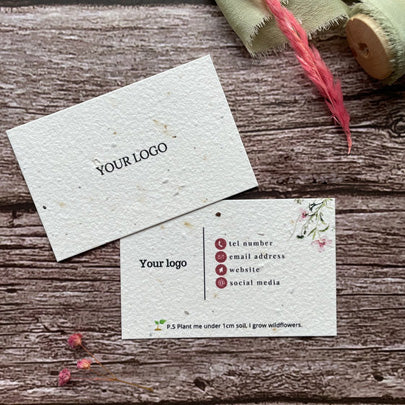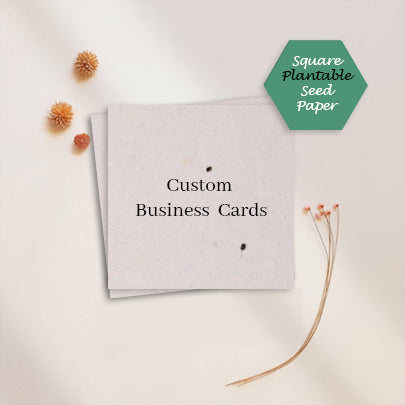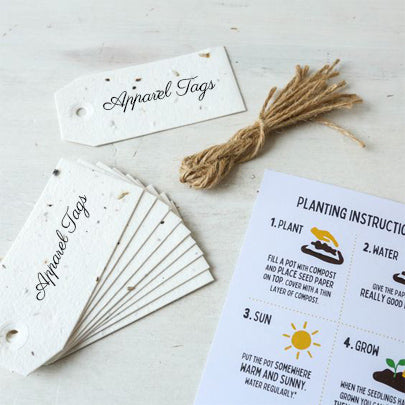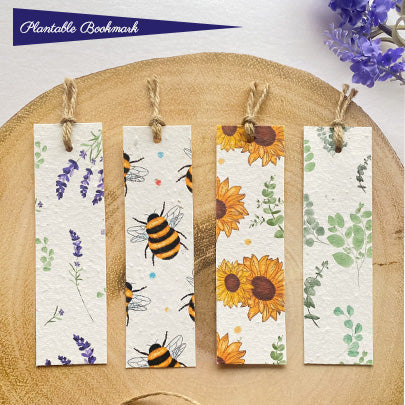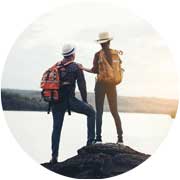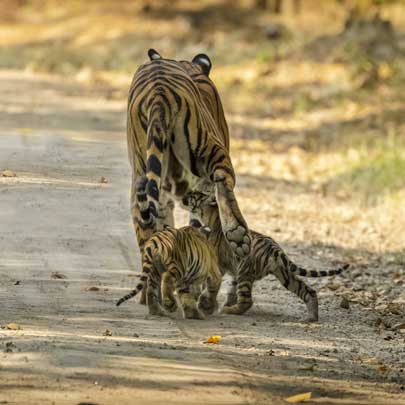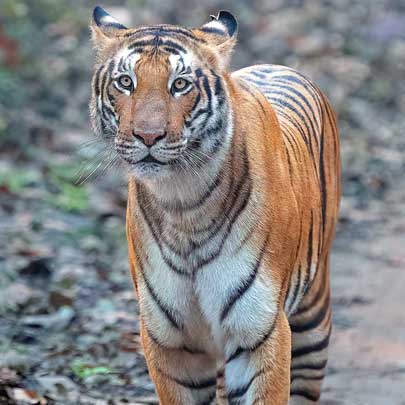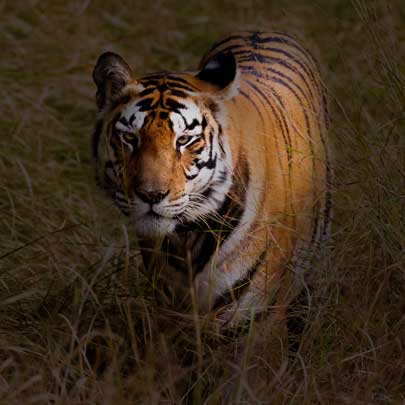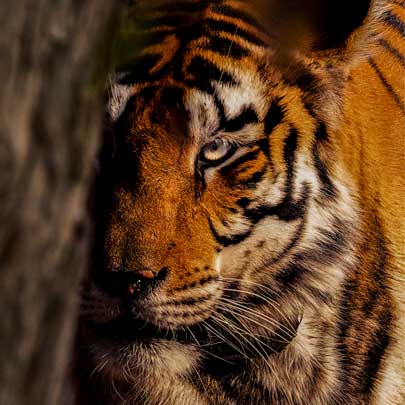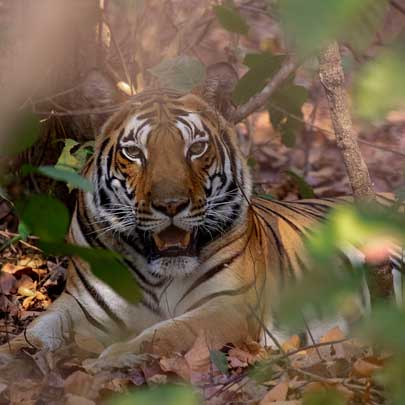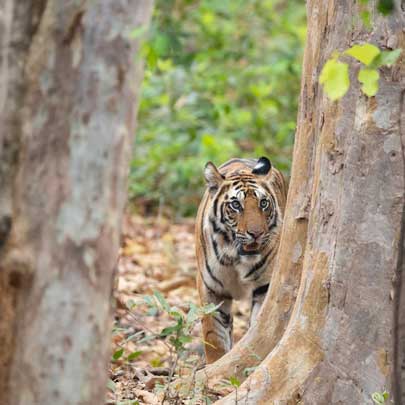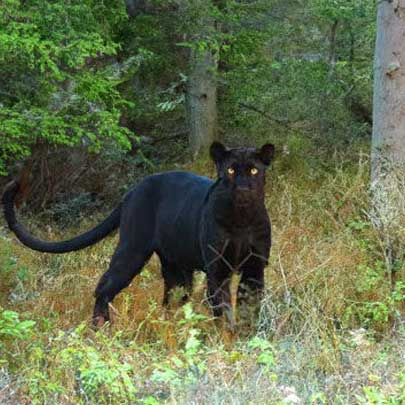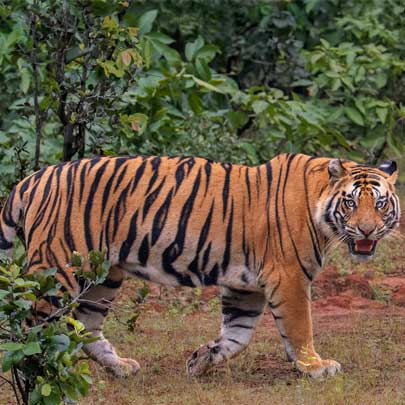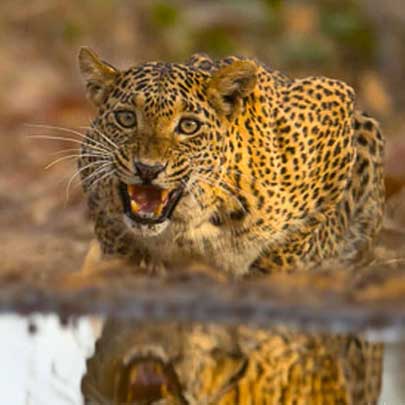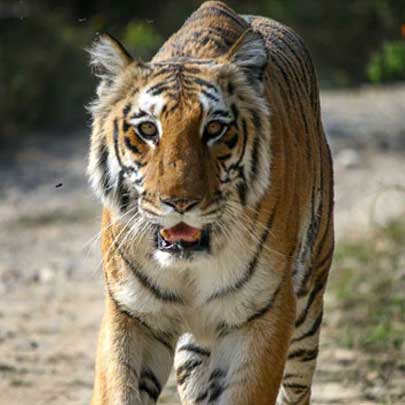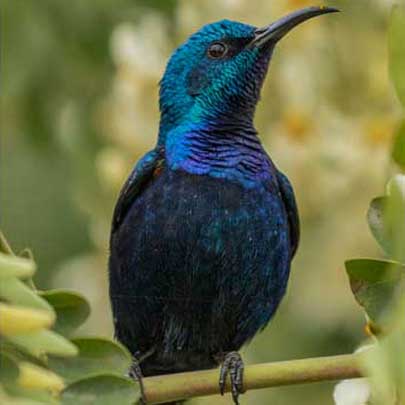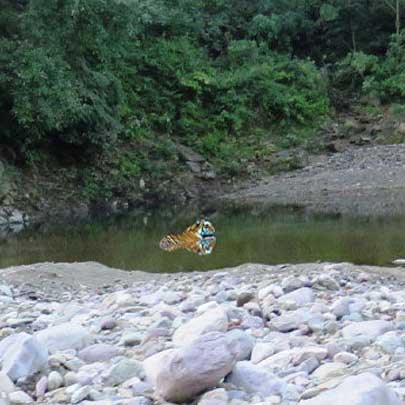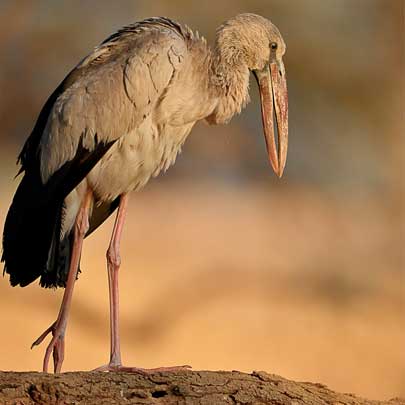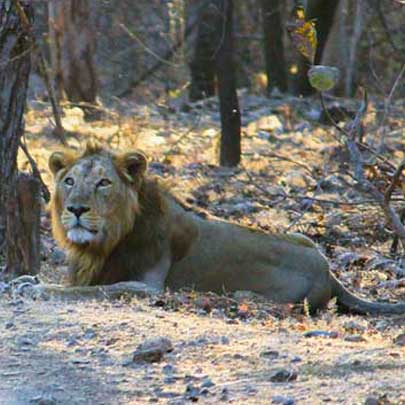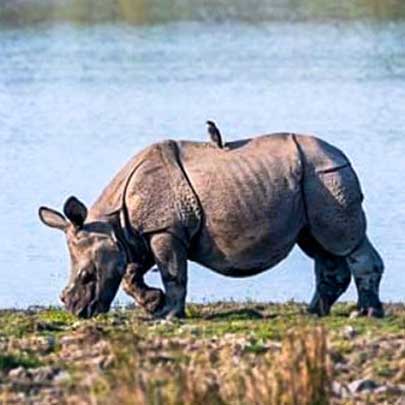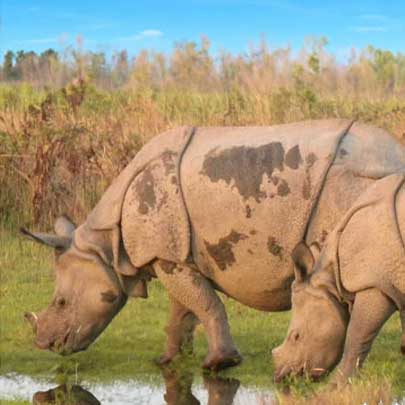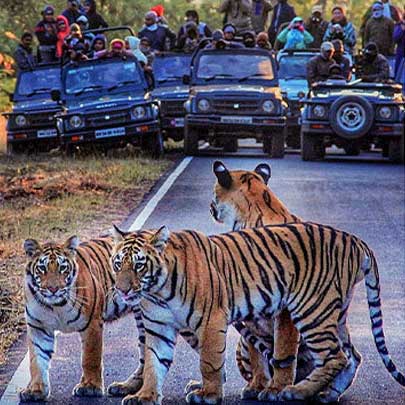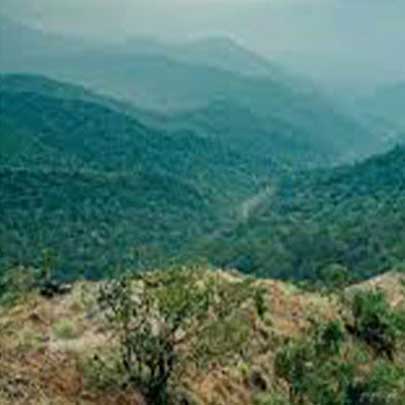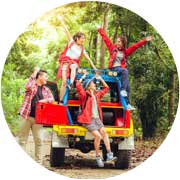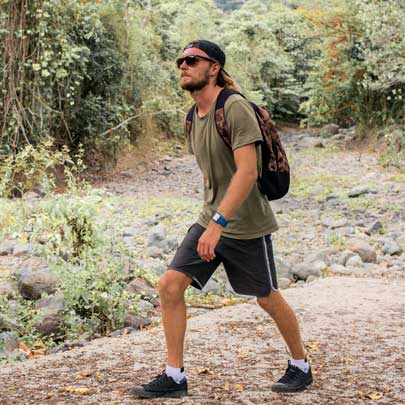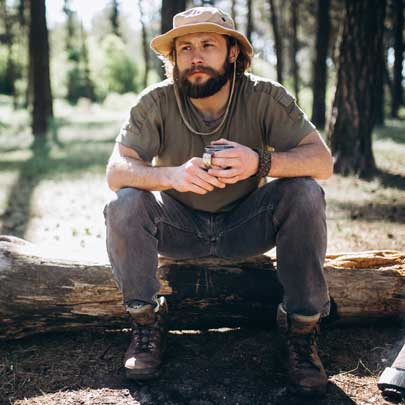Kids and Conservation: Why Start Early with Eco Tours
Kids and Conservation: Why Start Early
with Eco Tours
In today's rapidly changing world, educating the next generation about environmental responsibility is more important than ever. Introducing children to eco-tourism at a young age not only fosters a lifelong love for nature but also helps instill the values of sustainability, wildlife conservation, and eco-conscious living. Kids and conservation go hand in hand when we provide opportunities for immersive, hands-on learning in natural environments. One of the best ways to achieve this is through eco tours.
In this blog, we’ll explore why starting early matters, the benefits of eco tours for children, and how organizations like Wildlense Eco Foundation are playing a pivotal role in nurturing young environmentalists.
What is Eco-Tourism?

Eco-tourism, or sustainable travel, is a form of tourism that focuses on conserving the environment, respecting local cultures, and promoting ecological awareness. Unlike mass tourism, eco-tours aim to minimize negative impacts on nature and communities while offering authentic and educational experiences.
For kids, this form of tourism can be transformative. It’s not just a vacation—it’s an eye-opening journey into the heart of nature, where they learn to appreciate biodiversity, ecosystems, and the interconnectedness of all life forms.
Why Start Early? The Benefits of Teaching Kids Conservation

1. Habit Formation
Children are impressionable and quick learners. Teaching eco-conscious habits at a young age helps solidify them for life. Simple actions like recycling, conserving water, or respecting wildlife can become second nature when instilled early.
2. Hands-On Learning
Kids learn best by doing. Eco tours provide a hands-on learning environment where children can explore forests, observe animals in their natural habitats, and understand ecological processes in real-time.
3. Developing Empathy for Nature
Exposure to wildlife and nature encourages children to develop empathy towards animals and the planet. Witnessing the delicate balance of ecosystems helps children understand why conservation matters.
4. Family Bonding with Purpose
Eco-tours create meaningful shared experiences that bring families closer together. Unlike traditional vacations, these trips often involve working together on activities like tree planting, animal tracking, or conservation projects.
Key Learning Outcomes for Kids on Eco Tours

🐾 Wildlife Awareness
Eco tours introduce kids to various endangered species, biodiversity hotspots, and the challenges faced by wild animals. This increases their awareness and concern for wildlife conservation.
🌳 Environmental Stewardship
Kids gain firsthand experience of how human actions impact nature. Through guided activities, they learn about climate change, deforestation, and sustainable living practices.
🌏 Global Citizenship
By connecting with local communities during eco tours, children develop respect for different cultures and understand the importance of ethical tourism.
Wildlense Eco Foundation: Nurturing Young Eco Warriors

One organization making a significant impact in the field of eco-tourism and conservation education is the Wildlense Eco Foundation.
🌿 Who They Are
Wildlense Eco Foundation is a non-profit organization dedicated to wildlife conservation, sustainable tourism, and community empowerment. Their mission is to protect nature by creating awareness and involving local communities, tourists, and especially children in conservation efforts.
📍 Where They Operate
They operate in some of India’s most pristine natural reserves and biodiversity-rich forests, including Madhya Pradesh and Uttarakhand, offering eco tours for families and school groups.
🧒 Programs for Children
Wildlense Eco Foundation offers specialized eco-tours and workshops aimed at children, including:
-
Nature walks and wildlife safaris
-
Bird watching and tracking endangered species
-
Tree planting drives
-
Waste management and recycling education
-
Hands-on conservation volunteering projects
These programs not only educate but also empower children to be active participants in protecting the environment.
Top Reasons to Choose Eco Tours for Your Child’s Next Vacation
✅ Educational Value
Eco tours seamlessly blend education with adventure. Your child will return not just with memories, but with a deeper understanding of environmental science and sustainability.
✅ Unplug from Technology
In an era where screens dominate, eco tours encourage children to unplug from digital devices and reconnect with the natural world.
✅ Builds Confidence and Teamwork
Eco-tourism activities often involve team challenges, group exploration, and problem-solving. These help build confidence, communication skills, and teamwork.
✅ Encourages Healthy Living
Eco tours involve outdoor activities such as hiking, camping, and exploring, which promote physical fitness and mental well-being.
Best Destinations for Kid-Friendly Eco Tours in India

1. Bandhavgarh National Park (Madhya Pradesh)
Home to tigers, leopards, and diverse flora and fauna, Bandhavgarh offers a rich wildlife safari experience suitable for kids and families. Wildlense Eco Foundation conducts immersive programs here.
2. Jim Corbett National Park (Uttarakhand)
India’s oldest national park is a great introduction to forest ecosystems and offers excellent opportunities for nature photography and wildlife education.
3. Panna Tiger Reserve
Ideal for bird watching and spotting tigers and leopards, this reserve is also an active area of conservation where children can learn about habitat restoration.
4. Satpura Tiger Reserve
A quieter, lesser-known park ideal for families seeking a peaceful yet enriching eco-tour.
How to Make Eco Tours More Engaging for Kids
-
Prepare them in advance: Read books or watch documentaries about the places and species they’ll see.
-
Make it interactive: Let them carry binoculars, keep a nature journal, or take photos.
-
Ask questions: Encourage curiosity by asking what they see, hear, and feel.
-
Let them lead: Involve them in decisions, like choosing trails or planning activities.
-
Follow-up: Continue the conversation at home. Maybe start a small garden, reduce plastic use, or adopt an animal through a conservation charity.
Eco-Tourism Tips for Families
-
Always choose certified eco-tour operators like Wildlense Eco Foundation.
-
Respect wildlife—observe from a distance.
-
Stick to designated trails to avoid disturbing natural habitats.
-
Minimize waste—carry reusable water bottles and bags.
-
Support local communities by buying local handicrafts and respecting their customs.
Final Thoughts: Raising Tomorrow’s Eco Leaders Today
Introducing children to conservation through eco-tourism is one of the most impactful investments we can make for the future of our planet. With the growing threats of climate change, deforestation, and species extinction, our children must not just be aware, but also be actively involved in creating solutions.
Organizations like Wildlense Eco Foundation make this mission accessible, engaging, and meaningful. Their carefully curated eco-tour experiences are perfect for families who want to vacation with a purpose.
So next time you're planning a getaway, consider making it an eco-friendly adventure—for your child’s education, for your family’s growth, and for the planet’s future.
Explore. Learn. Conserve. Let your kids lead the change.
For more information on eco-tours and conservation education, visit Wildlense Eco Foundation’s website.














